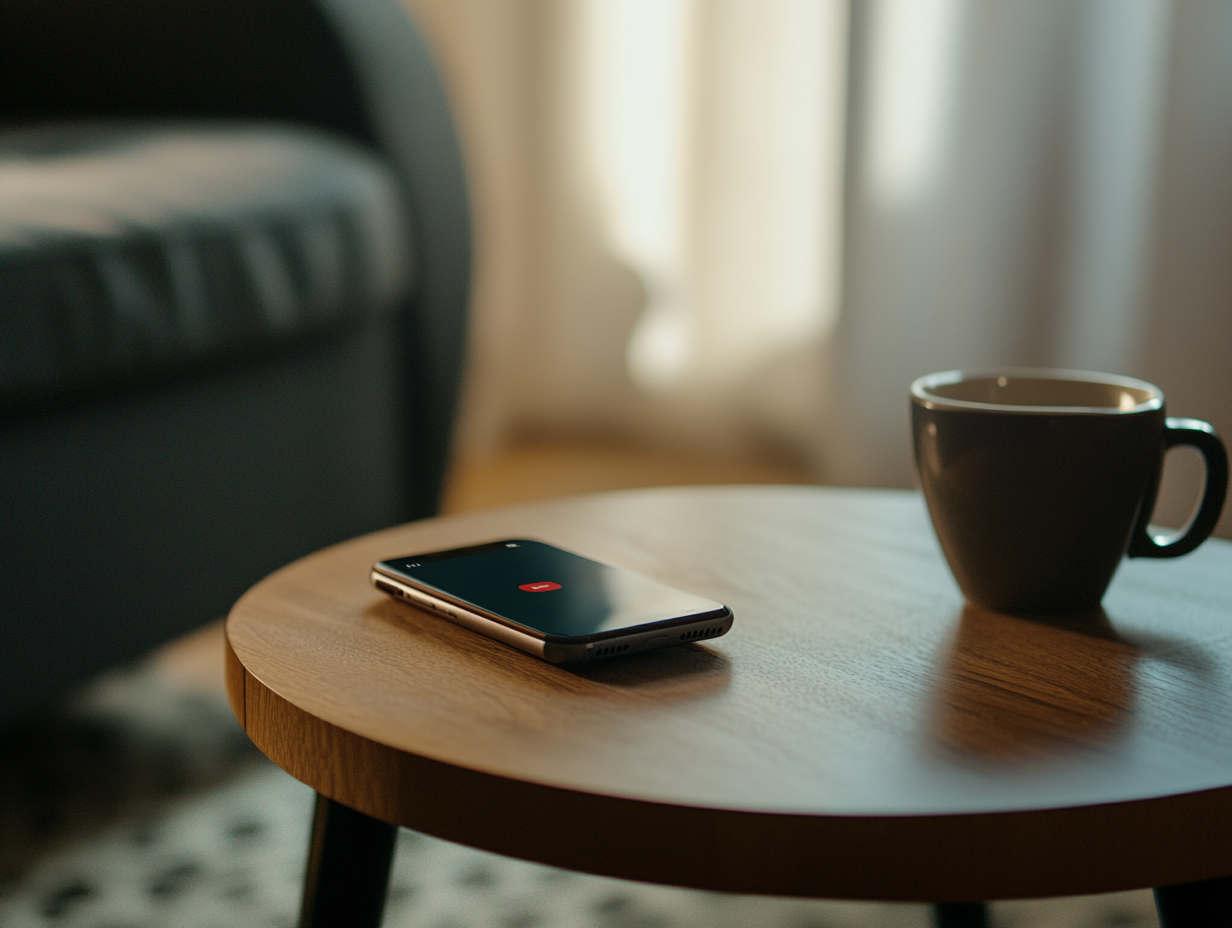For many of us, it’s second nature to rely on reminders - whether it’s a sticky note on the fridge, a calendar alert, or a family member calling to say, “Don’t forget your appointment today.” But for older adults or those living with cognitive impairment, memory challenges can make daily tasks overwhelming.
That’s where reminder apps come in - not just as scheduling tools, but as lifelines for independence. These apps help individuals manage medications, appointments, hydration, meals, and daily routines, enabling them to live with greater autonomy, dignity, and confidence.
Let’s explore how these digital helpers are transforming lives, and why they matter more than ever in our aging, tech-enabled world.
What Are Reminder Apps - and Who Are They For?
Reminder apps are digital tools that send alerts or prompts to perform a task at a scheduled time. Many are available on smartphones, tablets, or wearable devices. Some are general-purpose (like Google Calendar or Apple Reminders), while others are tailored specifically for:
- Older adults
- People living with dementia or cognitive impairment
- Individuals recovering from illness or surgery
- Busy caregivers juggling routines
Unlike traditional alarms, these apps often include features like:
- Recurring reminders
- Visual or auditory cues
- Task checklists
- Voice or video prompts
- Caregiver notifications if a task is missed
👉 Take a look at our article on the Best Hydration Reminder Apps for Seniors
👉 Or our article on the Best Mobile Apps for Seniors in 2025
Reducing Dependence on Others
One of the biggest emotional challenges people face as they age - or begin to lose cognitive function - is the feeling of being a burden. Constantly relying on others to remember when to eat, take pills, or show up for appointments can create frustration, resentment, or shame.
Reminder apps help shift the dynamic. With scheduled notifications, individuals can begin to manage their own routines again, even with support in the background.
Apps like Elli Cares, for example, allow people to receive gentle reminders via push notification or video - delivered at exactly the right time. Whether it’s a daughter reminding her mum to take a heart pill, or a friendly video showing how to use the TV remote, these prompts feel personal and empowering.
👉 Take a look at Elli Cares features for more detail on video reminders and care team visibility.
Supporting Medication Adherence
Medication management is one of the most common reasons families turn to technology. According to the World Health Organization, about 50% of people don’t take their medications as prescribed - a statistic that worsens with age or memory decline.
Reminder apps can:
- Prompt individuals when it’s time to take medication
- Show exact instructions or videos on how to take it
- Alert caregivers if a dose is skipped
- Track refill dates or upcoming prescription changes
This not only supports independence - it reduces the risk of hospitalisations or health deterioration due to missed doses.
👉 Check out WHO’s report on medication adherence
Empowering Cognitive Function
For people living with dementia or cognitive decline, having a structured day promotes mental clarity and emotional stability. Reminder apps act like a digital memory aid, helping individuals maintain routines, reduce anxiety, and build a sense of control over their environment.
Apps that offer visual cues, step-by-step prompts, or even mood and symptom tracking can help users self-regulate and reduce dependence on others for basic tasks. Over time, this builds confidence and preserves independence - even as the condition progresses.
👉 The Alzheimer's Society UK offers a helpful guide to memory aids and digital support tools
Enhancing Family Connection and Oversight
Modern reminder apps are no longer single-user tools. Many now include caregiver connectivity, allowing family members to:
- Set reminders remotely
- Receive alerts if a reminder isn’t acknowledged
- Track patterns in behaviour or symptom changes
- Offer support from afar without constant calls or micromanagement
In apps like Elli Cares, this creates a sense of shared support. The person with dementia receives help without feeling watched, while the family gains reassurance without being intrusive.
Enabling Aging in Place
With the right tools, more people are choosing to age in place - living in their own homes longer, safely, and with dignity.
Reminder apps are a cornerstone of this movement. When paired with other technologies like fall detection, GPS tracking, or smart home automation, they become part of a comprehensive support system that preserves independence without sacrificing safety.








